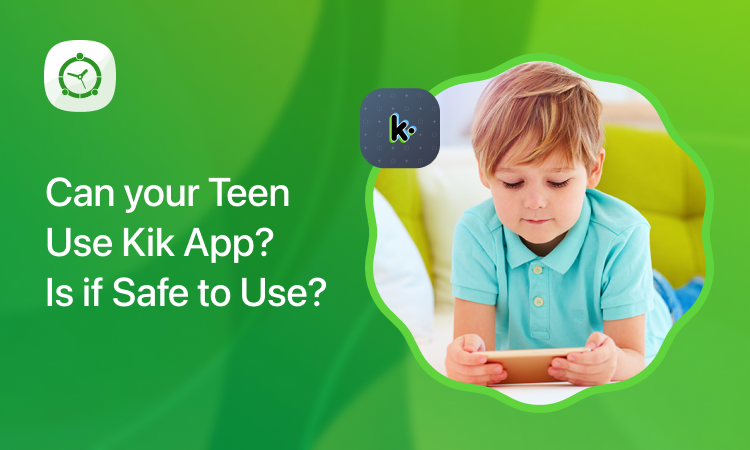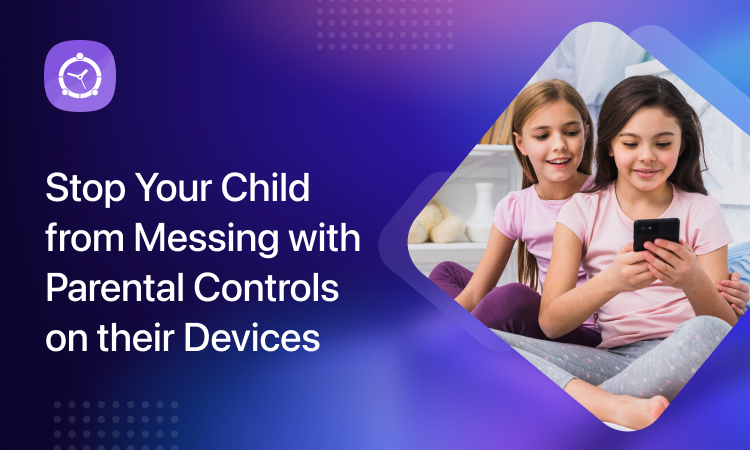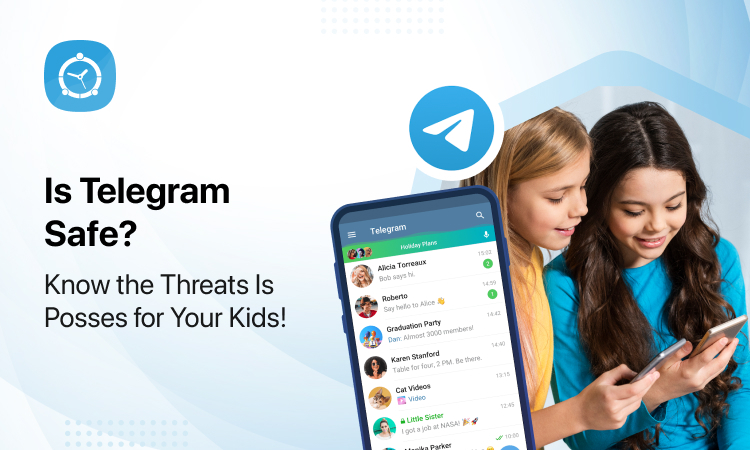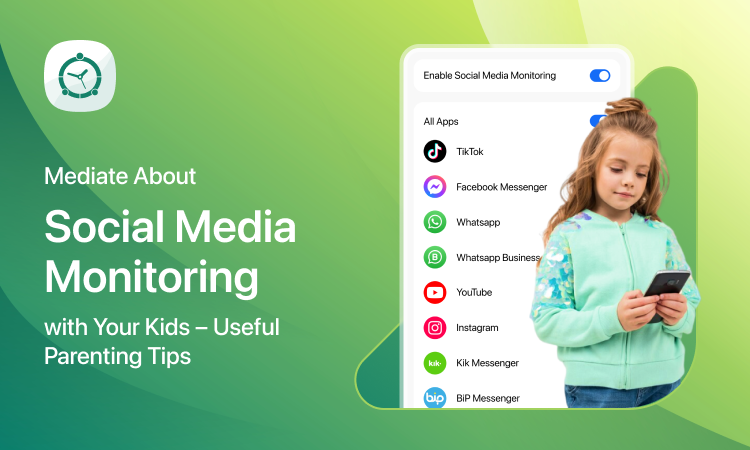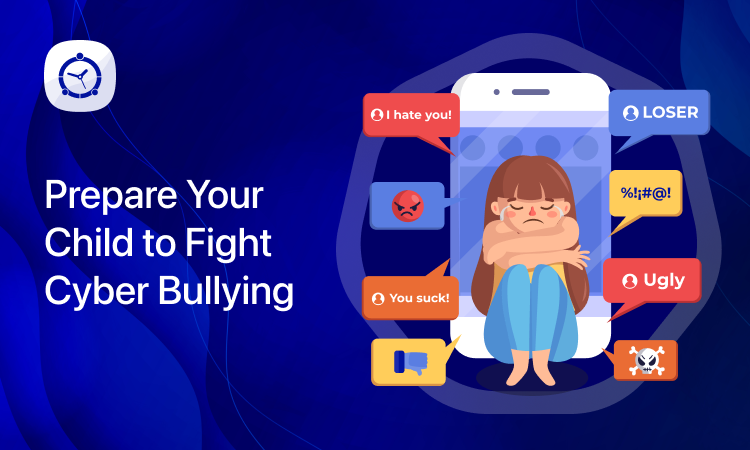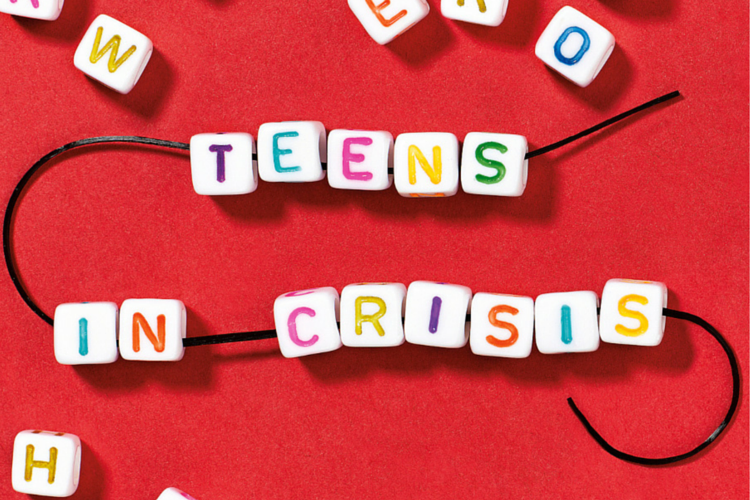
Trust me, there are all sorts of crazy people online and they just don’t stop at that – they incite people into bizarre cult following, making them do horrible stuff. And young vulnerable people are at the stake more than ever. You can simply never tell what your kid is up to. What they are thinking about and what kind of people they’re hanging out with.
Recently an incident of a Russian tween girl’s suicide has sparked a world-wide debate. The 12-year old girl committed suicide but she didn’t do because of some stress or because someone had bullied her or raped her. She did it because it gave her pleasure. However bizarre it sounds but there are social network groups that incite young people involving images of self-harm, alternative reality and to kill themselves in violent way. And the little Russian girl was following one similar sick group.
Self-Harm Sites and Social Media Cults
In his book, Confronting the Internet’s Dark Side, Raphael Cohen-Almagor, writes that there are several documented cases of cybersuicides where people give others advice on suicide and tell them methods through online chat rooms, online groups and webpages. Of course these pages and groups have been declared illegal in most countries like Britian, Australia and most European countries and many pages and groups are taken down but new one spring up quickly.
As I dug into the subject online, I found myself profoundly disturbed and worried-sick about the teens and their psychological health these days. There are Emo cults, short for emotional cults, calling themselves a subset of Goths. Followers of such cults wear black, paint nails and lips black and celebrate self-harm. They also exchange their pictures of scars and wrist-slits through social networks and blogs.
There are hundreds of cases where kids and teens post pictures of their self-inflicted injuries and scars online and some take their life too. There are blogs dedicated to self-harm and suicide that present a surreal image of self-harm fantasies. And kids and teens with such tendencies think that it’s okay and that they’re not alone. There are countless websites and blogs that are full with images of self-harm and blood.
A survey conducted by some youth charities state that about 61% of the 4,000 young people who were surveyed said that they self-harmed because they felt alone. And 40% of them said they have never talked about it to ‘real’ people.
What Parents Need to Do
Parents have it toughest than ever. They not only have to make sure their kids stay safe from the real world problems like suicide, rape and bullying but from the cyber world, too. Parents need to be on the lookout if their kids are getting influenced by such sites and cults. They may appear to be absolutely okay, doing fine at school and keep up a healthy social life but still be attracted towards such online cults.
Observe Up-Close
Pay attention to what your kids wear and how they dress up. What is written on their T-shirts and if they’re obsessed with one particular color like black. Often such kids tend to wear shirts with things like, “Feeling Unhappy”, etc. written on them or paint their nails black. Get involved with your kids and try to figure what kind of music they listen to. Are they listening to some hardcore rock bands or death metal? If they do, you need to pay more attention.
Talk to Them More Often
Always try to engage them in a conversation where they speak and you listen. Encourage them to talk about their ideas about life, what makes them happy and what they want to do in future. The more they talk, the better idea you will get about their preferences. Are they troubled at school, are they being ridiculed for their appearance, some disability or their sexual preferences? If so, you need to immediately go inform the school admin about it.
Keep a Check on Their Social Circle
Keep a close eye on who they meet. Try to gain as much info about their friends – where they live, what they like and what are their points of mutual interest. Try meeting them casually and see if you’re comfortable with them. You need to know who they’re dating because most times, their partners would make them try dangerous things and expose them to such disturbing online content. If they’re going through a break up, be there for them and if they exhibit signs of anxiety or depression, take it seriously and get some help.
Get Better Insight with Parental Controls
You’d be amazed about how helpful digital parental controls can be. Apps like FamilyTime help parents to keep connected with their kids and their online activities through their smartphones and tabs. Parents can keep a check on their kids’ SMS, Internet history, GPS location and phone contacts. And FamilyTime even lets you to restrict adult content on your child’s iPhone. There are app-blocking features available on both Android and iOS devices so parents can monitor and then restrict harmful content. The best part is that it will give parents an immediate heads up so they can act before it’s too late.




